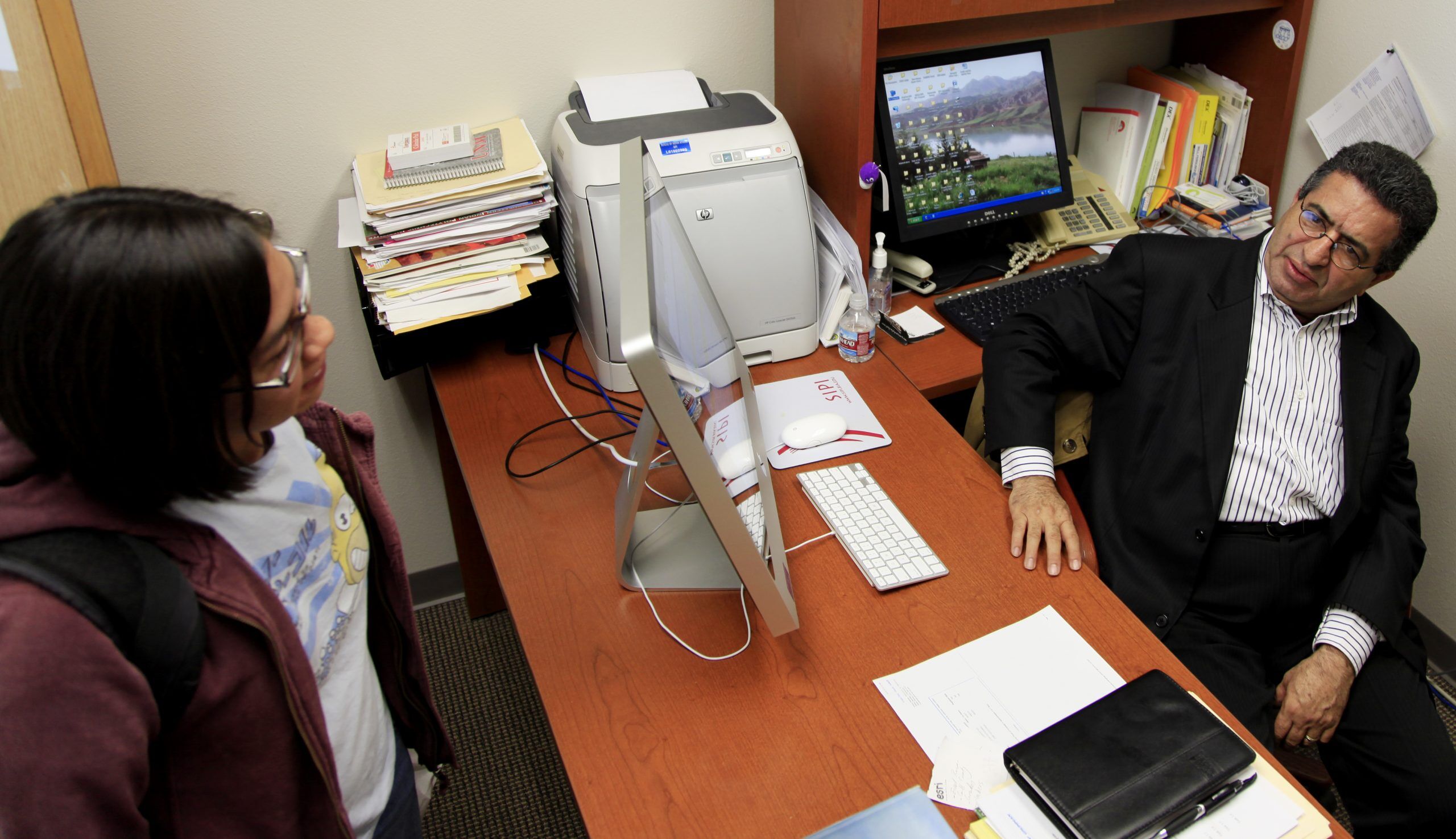You will often be asked to provide professional letters of recommendation or a list of people to be contacted in the future by the prospective employer. These individuals should be able to testify to your skills, achievements, character, and more.
Key Tips
- Does the organization want letters of recommendation or a list of reference names to contact?
- Know how many letters of recommendation or reference names are requested.
- Update your references on the status of your employment search regularly.
- Keep references current (update every three-five years).
Choosing Your References
References should include people able to provide valuable input into your abilities based on the position for which you are applying. Customize your list based on their relationship to you and what they might share to advance your chances of landing your desired opportunity.
- Past and present supervisors who can speak to your professional abilities, work, internship, or volunteer experiences.
- Faculty members/professors (supervising teacher for student teachers) who can speak to your academic abilities and class involvement.
- Mentors and coaches.
- Do NOT use people who know you only in a social setting, such as family or friends.
- If multiple references are needed, select people based on their ability to showcase your different experiences.
Information to Provide to References
- Examples of information you would like highlighted (i.e. projects or strengths they have seen you display which are relevant for the position).
- Copy of the advertisement, including the name of the organization, position title, and position description.
- Current résumé.
- Person the letter should be addressed to and how to submit the reference letter (scanned online, mailed, etc.).
- Deadline for submission. Allow your reference plenty of time for the reference to write the letter by deadline (three-four weeks is suggested).
- If a list of reference names has been requested, include contact information. (This list is typically included as part of an application or as an additional sheet to the cover letter and résumé.)
More Tips
1) Ask for the letter at least two weeks out AND send gentle reminders
2) Prepare a list of three items you’d like the writer to elaborate on – almost customizing the recommendation letter for the specific scholarship/internship/admittance
3) ALWAYS always ask for a hard copy of the letter. Yes, have them send it “signed and sealed,” but it’s a good idea to know what they wrote about you.

